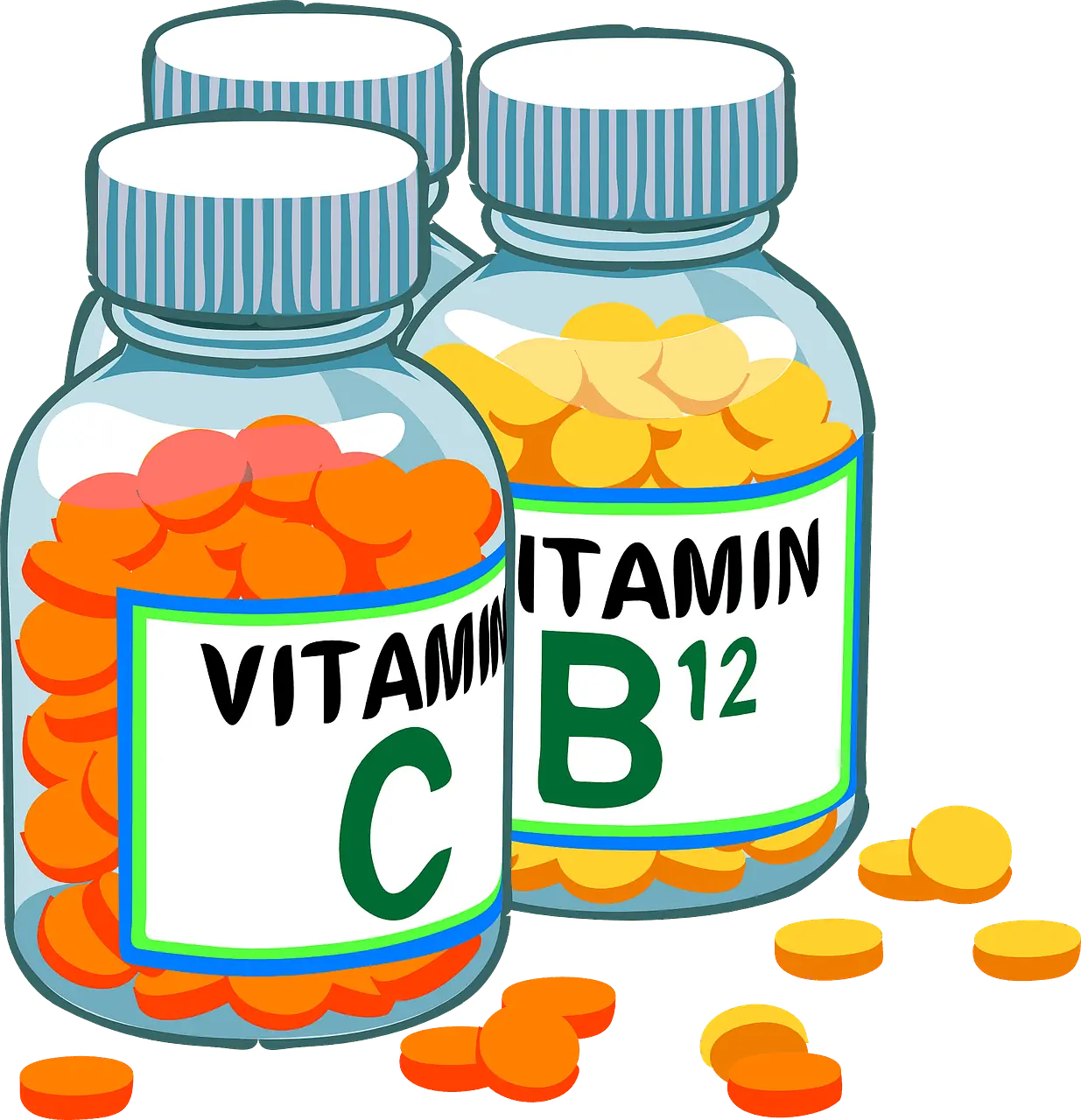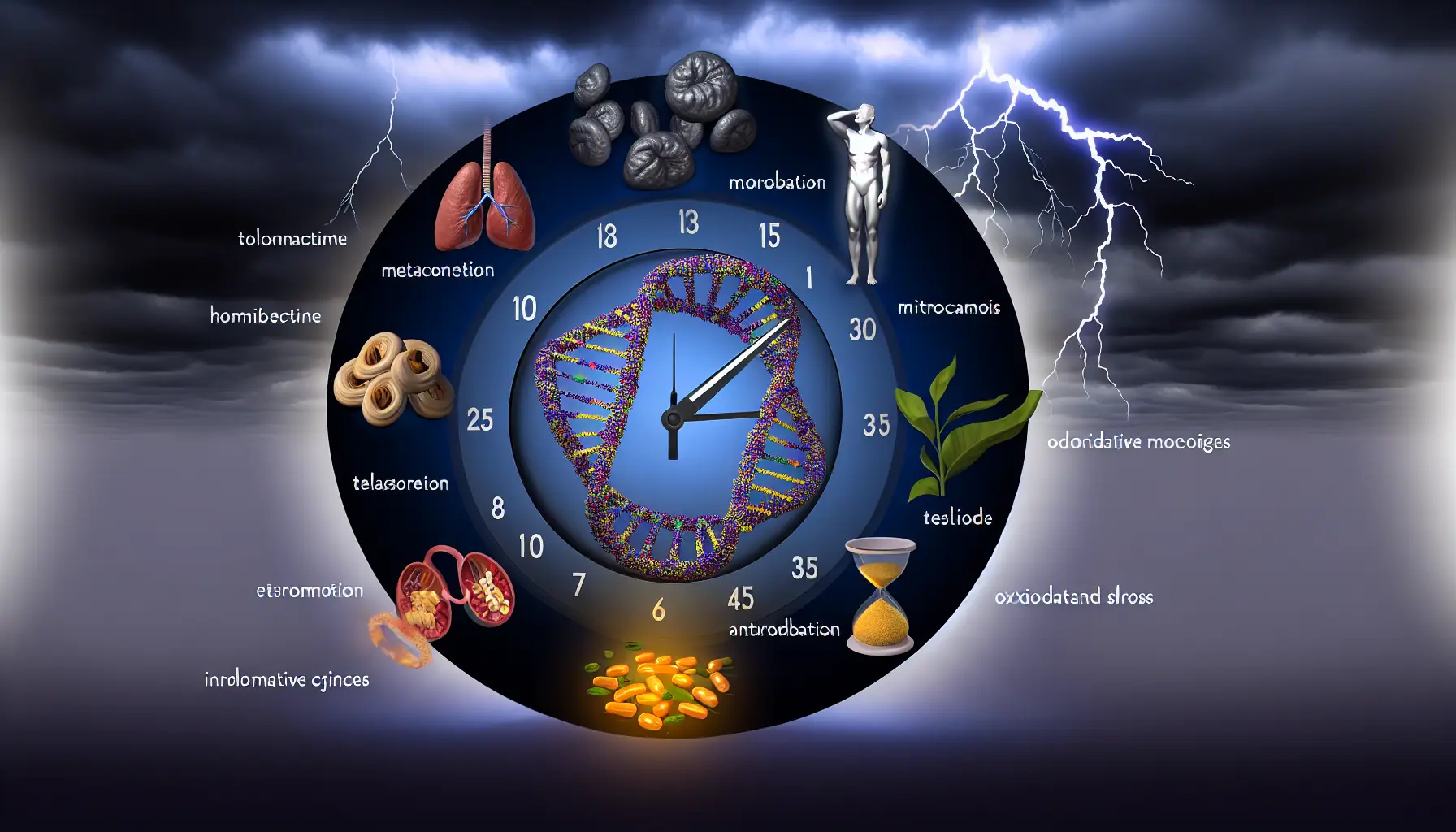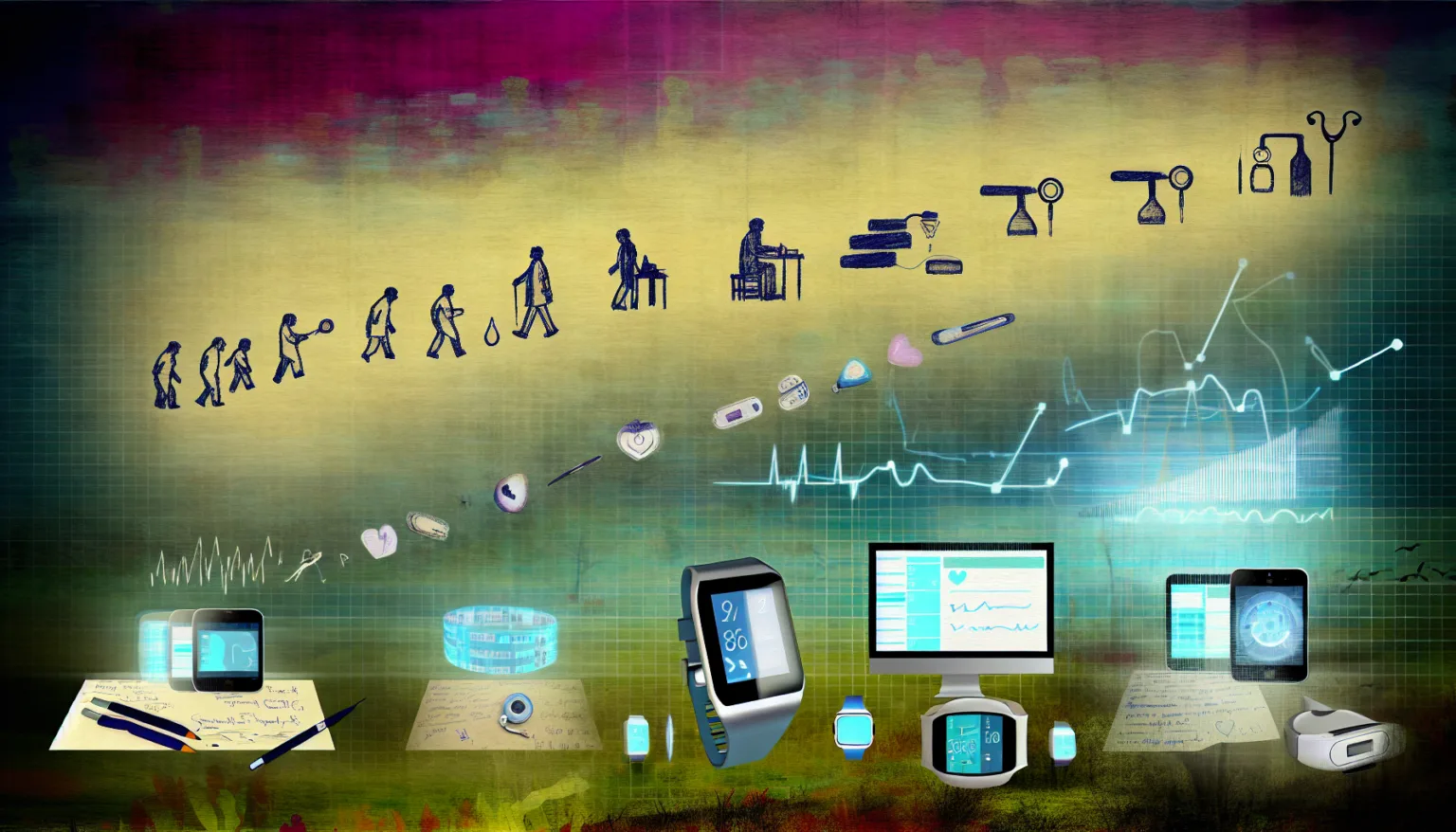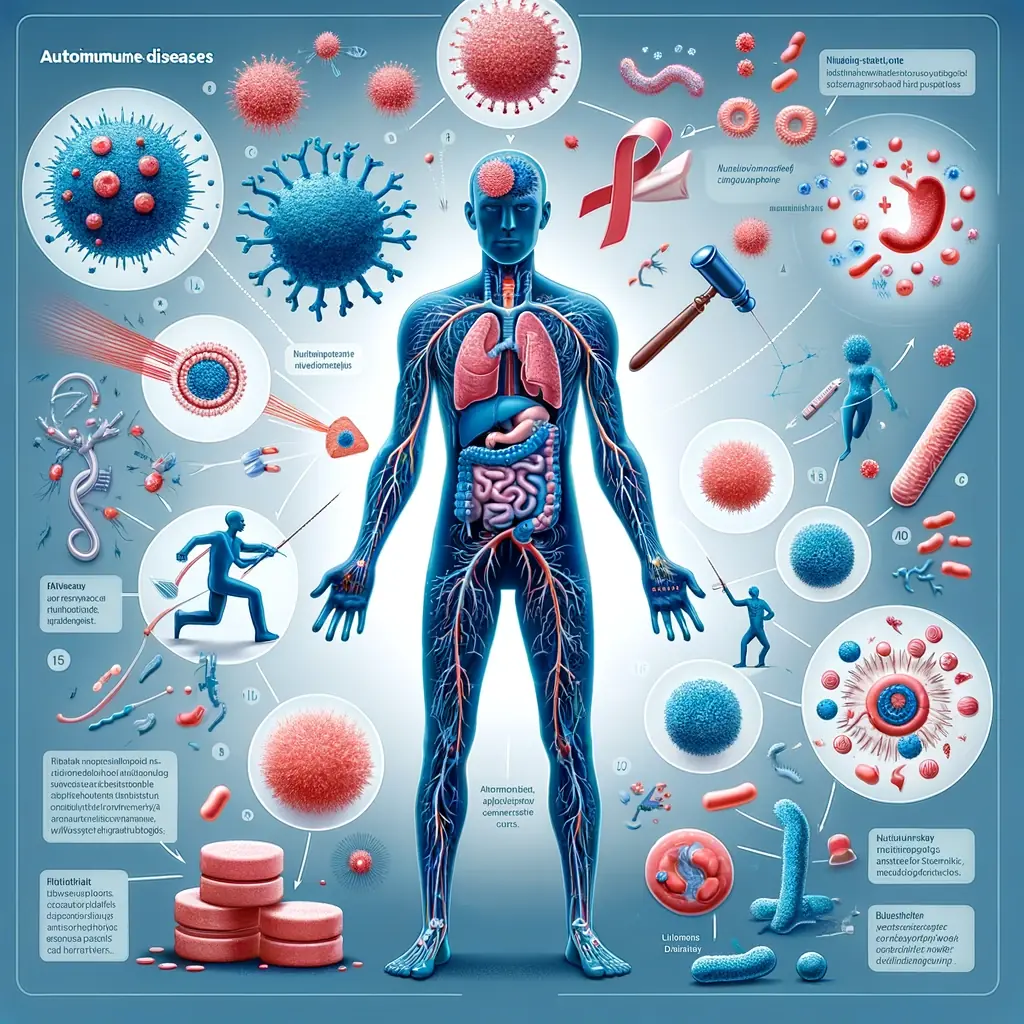
Vitamins are essential nutrients that our bodies require to function correctly. They are crucial in numerous physiological processes, from bone formation to energy production. However, vitamin deficiencies can occur when we don’t get enough of these vital substances, leading to various health issues. This article aims to provide a comprehensive overview of various types of vitamin deficiencies, their causes, symptoms, and treatments.
Table of Contents
Vitamins are organic compounds that our bodies need in small amounts to maintain good health. They are crucial for growth, digestion, nerve function, and many other essential processes. Unlike carbohydrates, proteins, and fats, vitamins don’t provide energy. Instead, they help the body use the energy provided by other nutrients. They also play a vital role in producing red blood cells, fortifying bones, and bolstering vision.
While there are numerous vitamins, certain deficiencies are more prevalent than others. Some of the most common include:
Vitamin deficiencies can arise from various factors, including:
The symptoms of vitamin deficiencies can vary based on the specific vitamin and the severity of the deficiency. Common symptoms include:
Treatment for vitamin deficiencies typically involves increasing dietary intake or taking vitamin supplements. Some treatments include:
Preventing vitamin deficiencies involves a balanced diet of fruits, vegetables, whole grains, and lean proteins. Regular check-ups and blood tests can also help detect deficiencies early. If you’re at risk for specific deficiencies, consider taking a daily multivitamin or specific vitamin supplements.

Vitamin deficiencies can significantly impact health, leading to various symptoms and health issues. Understanding the importance of vitamins, recognizing the signs of deficiencies, and knowing how to prevent and treat them are crucial for maintaining optimal health. Always consult your Scottsdale physicians before significantly changing your diet or taking supplements.





